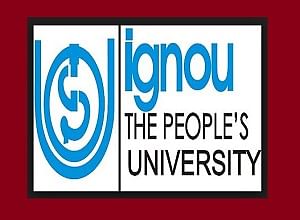
IGNOU
“Ambiguity can be solved by humans, repetitiveness by machines. Even after so much of advancement in Natural Language Processing (NLP) and translation, how do you create a publishable content? A content which speaks like a native speaker? Can we think of those techniques which machines can handle?” said Pawan Kumar, founder, eBhasha Setu Language Services Pvt. Ltd., Hyderabad while outlining the challenges and opportunities in Machine Translation during his lecture at the Indira Gandhi National Open University (IGNOU).
IGNOUs School of Translation Studies and Training (SOTST) today hosted a special lecture on ‘Machine Translation: Concepts, Paradigm and Tools’ at the headquarters in the capital.
Delving on concepts of machine translation and its impact on artificial intelligence he said that, “Though the machine has started outperforming human capabilities still it is unable to perform deeply human tasks like creativity, cognition, thinking and imagination. There has to be a deterministic way of resolving a problem for machine, NLP aids in ambiguity problem resolving.”
Defining the complexity of machine translation as a multi layer approach he said that it differs on various parameters.
Defining four of them, he started with the levels of processing, i.e., classification based on word, phrase, sentence and paragraph.
Then, representation of knowledge to encode the linguistic terms in strings, dictionary, columns, tree, network, vectors, etc.
“The representation is very complex. How do we capture the knowledge? One representation that is valid for one language is invalid for another. The modules can’t exchange the language.”
Under the computational model, he explained the techniques used to solve a problem viz., statistical, neural network and rule based technique. “Mathematical probability is also being used to solve the linguistic problems.”
Lastly, he brought forward the issue of programming languages, which he says, has evolved, but, the skill set problem arises here.
The Faculty and Research Scholars benefitted with this Lecture, since the language plays an important role in the process of translation and technology as a tool has come handy for adding momentum to translation activities.









